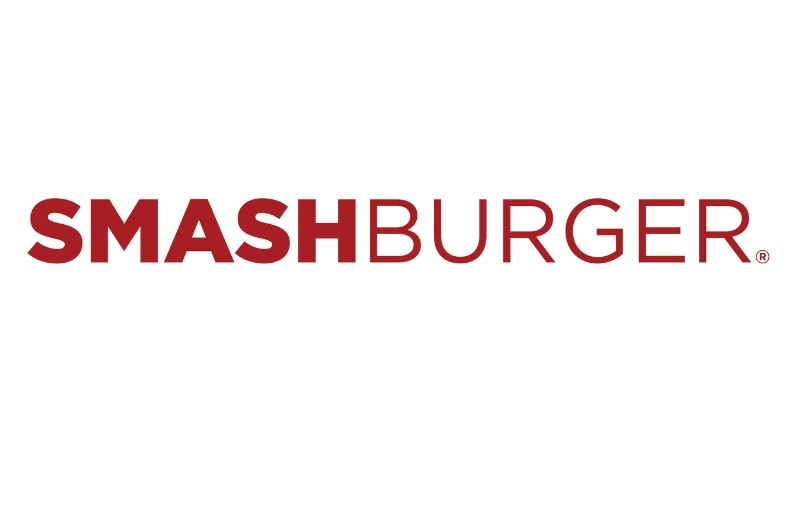It’s that time of year again. Christmas has come to an end and everyone attempts to recover from the effects of mountains of food in time for New Years Eve, which is now just around the corner. While this year, our festivities have gone a little differently to usual, the COVID 19 pandemic forcing most of us to scale back plans, we are all still in the mood to celebrate and the week-long stint from Christmas to the new year remains one filled with excess. Turkey sandwiches, mountains of mince pies and a treasure trove of chocolate coins, all left over from Christmas day, ensure that we stumble away from the festive period with far less agility than we had going into it.
January: A Month for Diets, Cardio, and New Year’s Resolutions
Over the years, the decadence we indulge ourselves to throughout December has led great swathes of us to embrace a more austere, health conscious January. The first month of the year is one filled with diets, cardio workouts to burn off the winter calories and a range of other optimistic New Year’s resolutions. A recent offshoot of this growing trend has come to be termed Veganuary. For a multitude of health benefits and environmental concerns, many people are embracing a plant-based diet throughout January, either as a test of willpower and endurance or to test the waters with a view to changing their diet permanently.
While the health benefits of a vegan diet are, at this point, virtually undeniable, the environmental pros of ditching animal produce have been somewhat called into question. As experts have identified, making this dietary switch is not a ticket to sustainability in and of itself – it still requires important choices to ensure your eating habits are kind to Mother Nature.
Choose the right soy
Those switching to a plant-based diet, particularly if they have not yet gone vegetarian as a preliminary step will undoubtedly find it hard to adjust. All of a sudden, many of the meals that formed the nucleus of your weekly eating routine are off limits and your shopping basket will need a major shake up. If, like myself, you are not a culinary wizard with a deep mental recipe book to draw upon, the first few shopping trips might be a daunting process and you are likely to find yourself opting for vegan ‘substitutes’ for the things you are accustomed to. Dairy free cheese, Quorn chicken pieces, seitan bacon: in recent years food innovators have come up with a whole host of vegan alternatives to staple groceries, and there is absolutely no shame in relying on these at first. However, some brands use unsustainably sourced ingredients (commonly soybeans) to make up their products, from farms which are increasingly eating into precious rainforests like the Amazon. Make sure to check the credentials of your brands before you buy.
Read Also: eTransfers: Top Choice for Cancun Airport Transportation
Say no to Avocado
Another go-to vegan food is the avocado. These delicious green fruits contain plenty of important nutrients and can be used in a variety of meals but they are very water intensive and many plantations rely on imported bees to pollinate crops. This leads farmers to artificially alter the microclimate of their land which can have devastating environmental effects in the places where they are grown in Latin America and North Africa.
Leading a sustainable life can sometimes feel like walking a minefield and going vegan alone might not be sufficient to do so. But a little bit of research into your food suppliers can go a long way to helping the planet.







